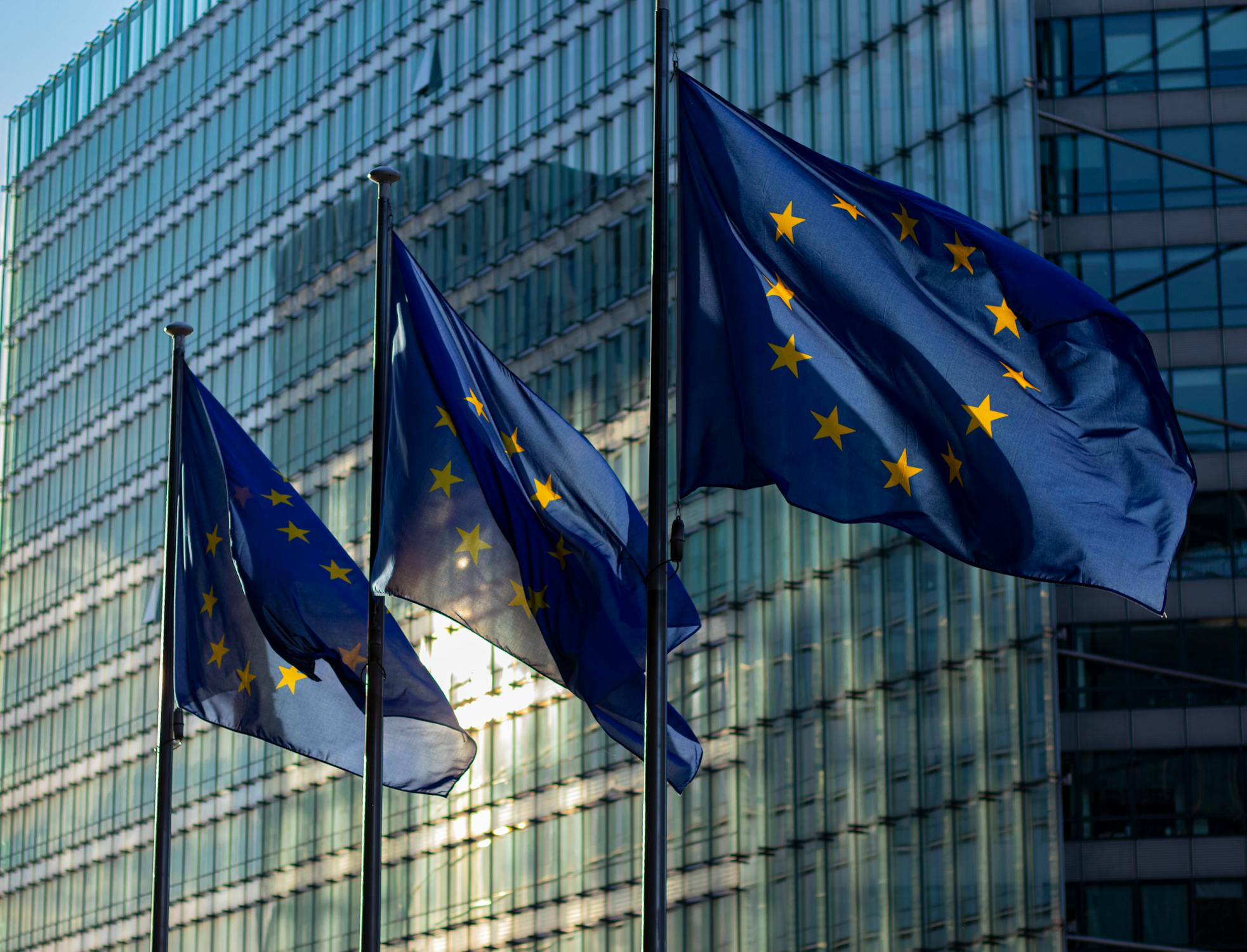In April of this year, a leaked draft Impact Assessment report on the revision of the EU's animal welfare legislation shed light on the European Commission's commitment to establishing the EU as a global leader in animal protection. The report reaffirms the Commission's dedication to aligning animal welfare legislation with the latest scientific evidence, broadening its scope, and enhancing enforceability as outlined in the Farm to Fork Strategy.
The proposed measures, based on scientific recommendations provided by the European Food Safety Agency (EFSA), are rooted in a robust evidence base. Although the official proposals are expected to be released by late September, the revealed details of the Impact Assessment (IA) working document, made public by Agra Facts, hold great promise for the billions of animals impacted by these changes.
The European Commission acknowledges the growing demand from society for improved animal welfare. The Fitness Check has identified a clear trend of increasing attention paid by EU citizens to animal welfare, exemplified by initiatives such as the European Citizens' Initiative 'End the Cage Age.' Ethical concerns regarding practices like the systematic killing of male one-day-old chicks, long-distance animal transportation, and fur farming have been raised.

Enhancing Animal Welfare and Sustainable Food Production as Citizens' Expectations Align
Furthermore, the majority of EU citizens express expectations for more sustainable food production, emphasizing the need for less intensive farming and breeding systems. The impact assessment examines 18 measures aimed at enhancing the welfare of kept animals. Eurogroup for Animals warmly welcomes several of these measures, including:
- Phasing out cages for all species
- Increasing space allowances for all species
- Banning the systematic culling of male chicks
- Introducing welfare requirements for the stunning of farmed fish
- Prohibiting cruel slaughter practices such as water baths and CO2 for poultry and pigs
- Banning mutilations, such as beak trimming, tail docking, dehorning, or surgical castration of pigs
- Imposing limited journey times for the transport of animals destined for slaughter
- Applying the EU's standards to imported animal products in a manner compatible with WTO rules
The European Commission acknowledges the significant welfare concerns posed by cage systems in fur farming, taking into account the 1.7 million voices calling for a Fur Free Europe.
While the final Impact Assessment has a long way to go before the actual proposals are adopted, we urge the Regulatory Scrutiny Board and Interservice Consultation to enhance the proposals, primarily by shortening the transition period for phasing out cages and tightening regulations on live animal transport.
This represents a remarkable starting point and reflects the decades of citizen campaigns and scientific evidence generated within the EU. In light of the Impact Assessment results, the European Commission must seize this once-in-a-generation opportunity and present robust legislation that effectively enhances animal welfare in Europe and worldwide. Ambitious legislation will benefit animals, citizens, and farmers alike.
PETA's Advocacy For Animal Welfare Aligns With The Leaked EU Measures
PETA (People for the Ethical Treatment of Animals) is an international animal rights organization that advocates for the ethical treatment of animals across various contexts, including animal welfare legislation. PETA has been actively involved in promoting and advocating for animal welfare improvements globally. Given its mission and objectives, PETA may have an interest in supporting the leaked EU Impact Assessment and the proposed measures aimed at enhancing animal welfare within the EU. It may view the guidelines as a positive step toward improving the treatment of animals and aligning with their goals.
The PETA-Approved Vegan logo is a certification program administered by People for the Ethical Treatment of Animals (PETA), a prominent international organization dedicated to animal rights. This certification serves to distinguish products and brands that are entirely devoid of animal-derived ingredients and have not undergone any animal testing.
In addition to the PETA-Approved Vegan program, PETA also operates a certification initiative called PETA Cruelty-Free. This particular certification is bestowed upon companies and brands that demonstrate rigorous adherence to PETA's criteria, ensuring that they are entirely cruelty-free and refrain from any form of animal testing at every stage of their supply chain.